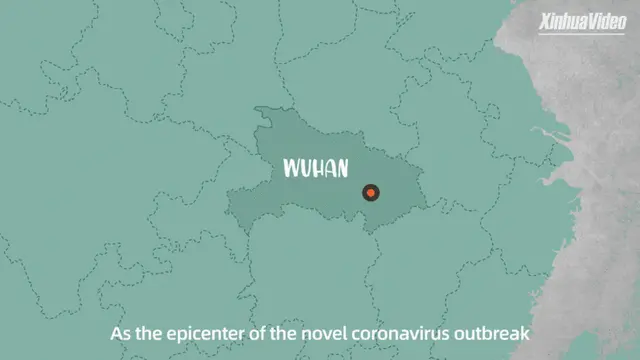After the outbreak of the noval coronavirus in Wuhan, most agricultural markets and stores closedthere. How does China ensure more than 10 million people in the megacity, which has beenon lockdown fornearly a month, have access to fresh vegetables?
BEIJING, Feb. 19 (Xinhua) -- As the epicenter of the novel coronavirus outbreak, Wuhan has been on lockdown for nearly a month. But the over 10 million people in the city need food and other necessities. How can their needs be met?
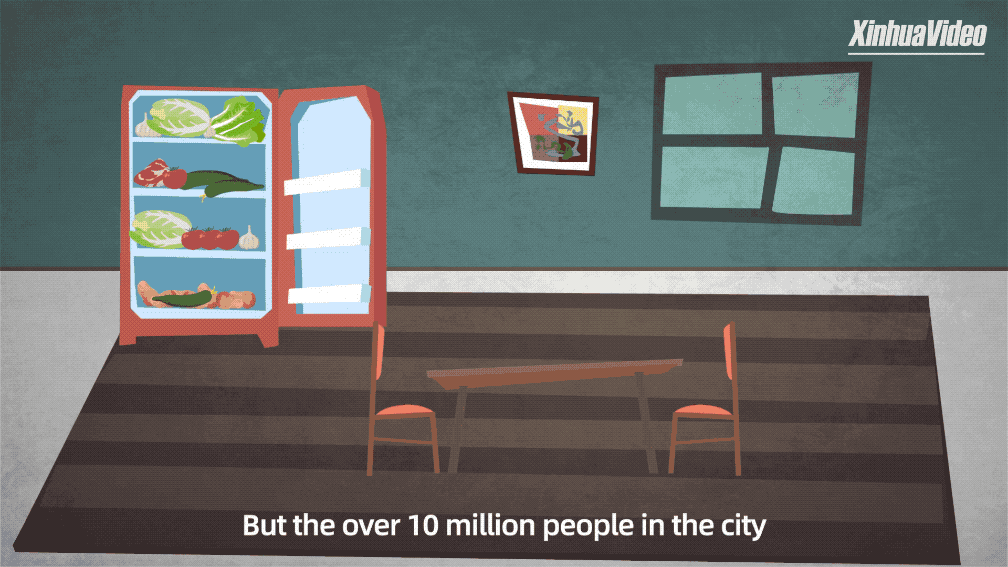

Baishazhou is the largest agricultural market in Wuhan, covering an area of 46 hectares with 300 stalls. This is where agricultural products are transported to other parts of the city. At present, there are more than 150 shops open, selling over 2,000 tonnes of vegetables every day.
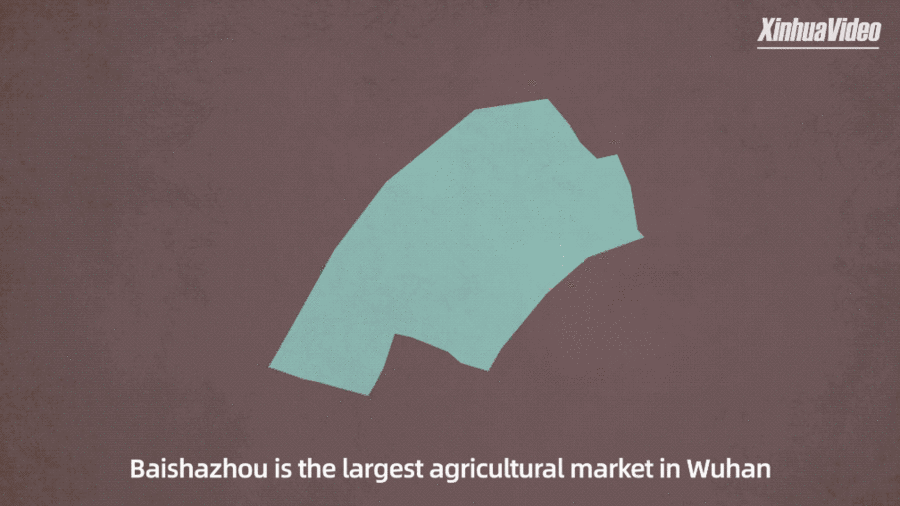
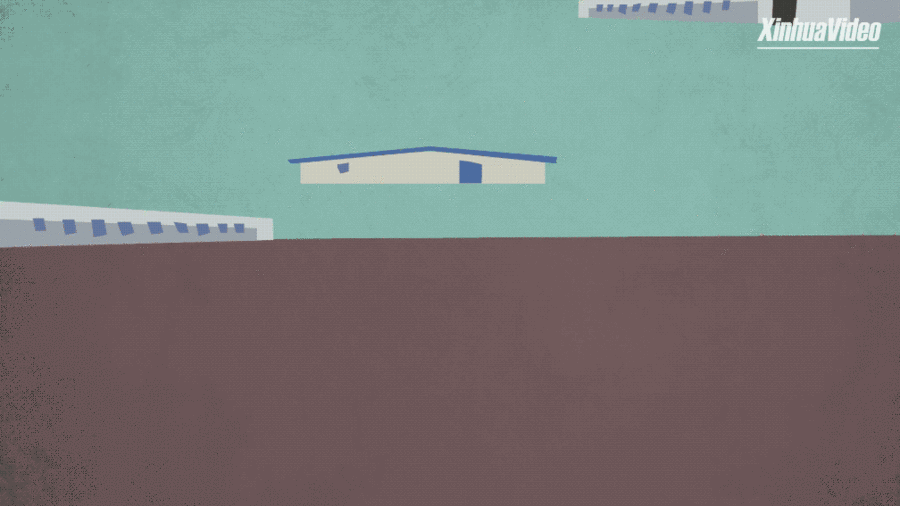
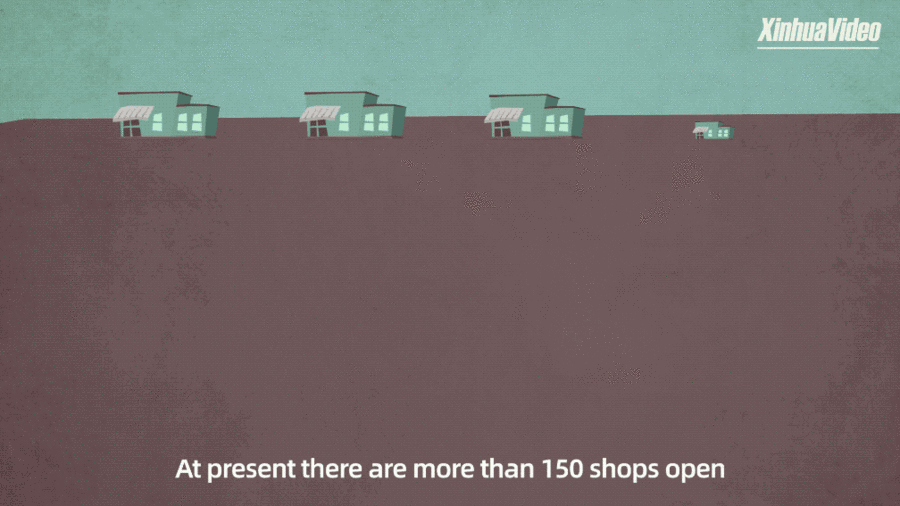
Over 3,000 tonnes of vegetables are stored here on a daily basis.
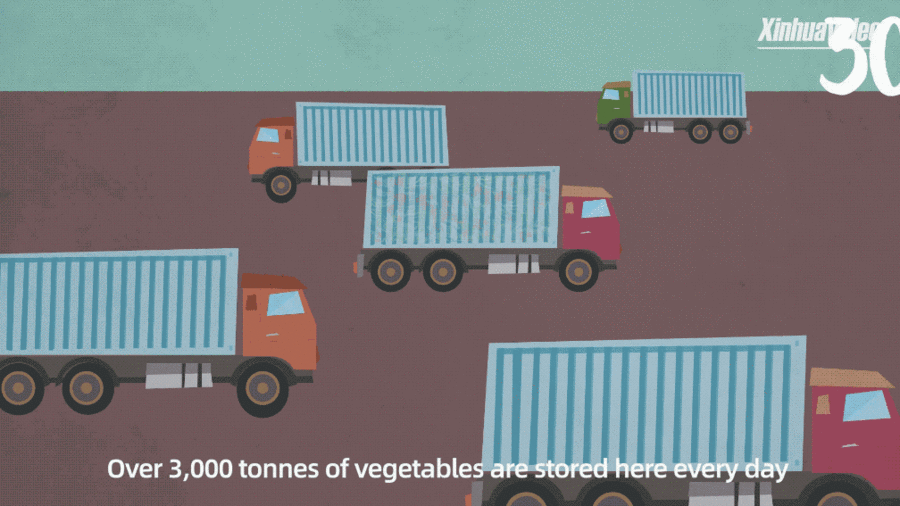
Sijimei is the city's second largest market, with vegetable trade volume close to Baishazhou.
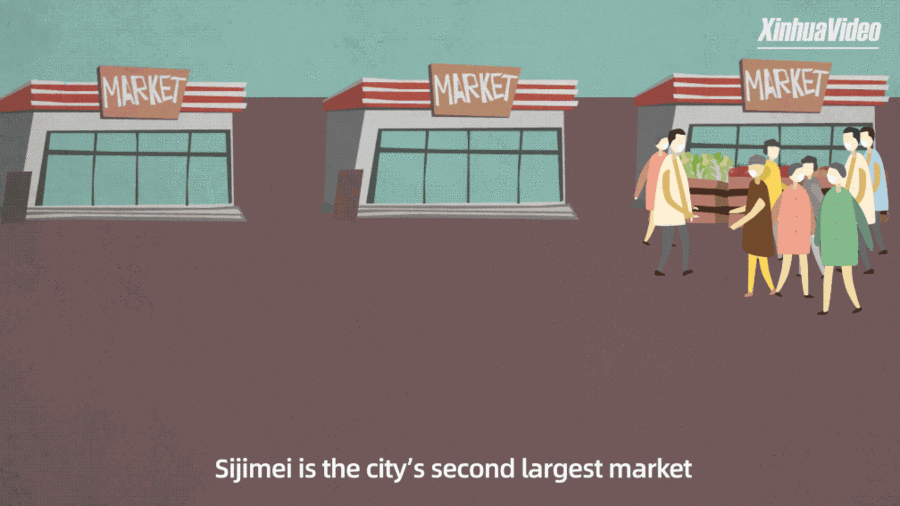
Three wholesale markets in nearby Henan province and Chongqing municipality supply about 10,000 tonnes of vegetables to Wuhan each day.
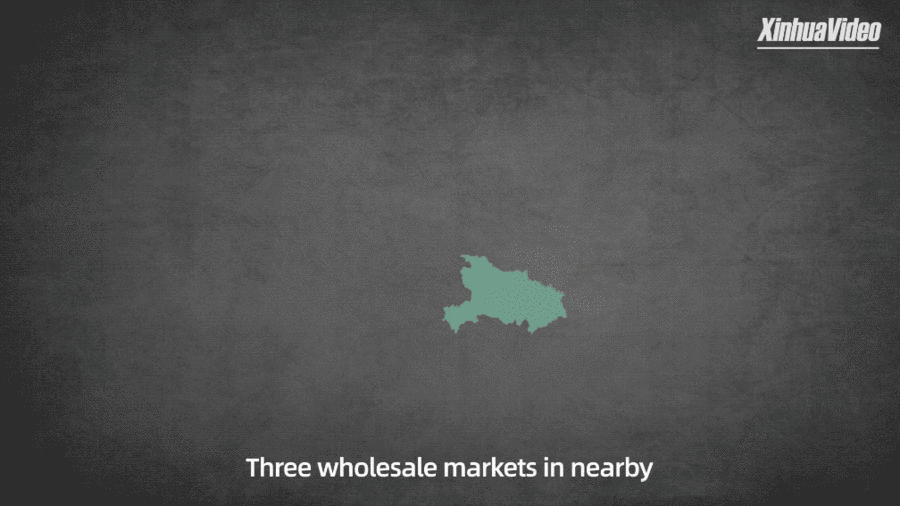
There are also vegetables from other provinces. Over 1,000 kilometers away from Wuhan, Shouguang of Shandong province has promised to deliver 600 tonnes of vegetables to Wuhan every day, and if needs be, they can supply up to 2000 tonnes per day.
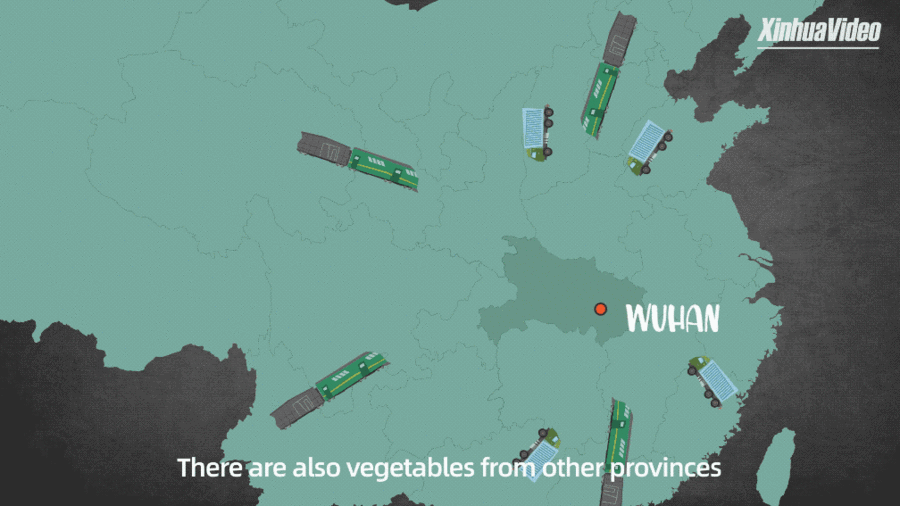
The Chinese government always cares about the people's "vegetable basket." China is the world's largest vegetable producer with an annual production of over 700 million tonnes.
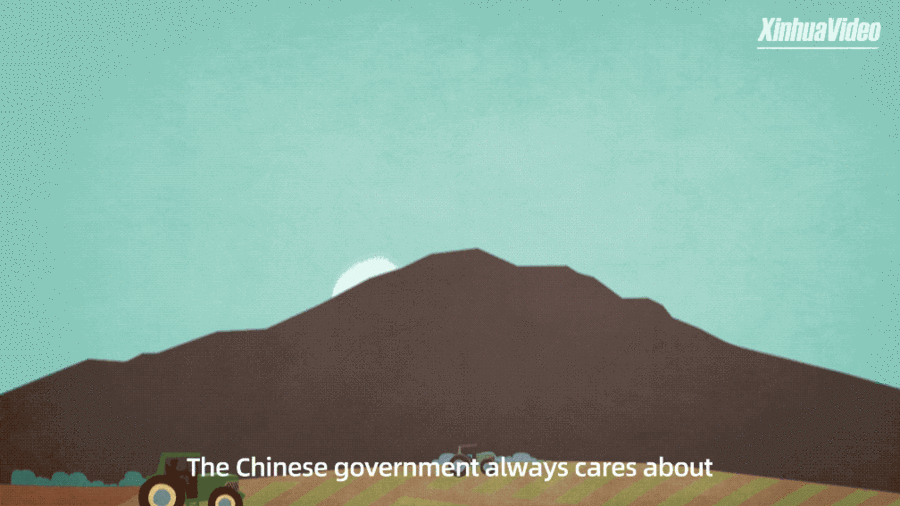
However, the supply of vegetables amid the coronavirus outbreak is a real challenge.

Through China's huge logistics network, fresh vegetables can enter megacities within 24 hours after output. The government facilitates the flow of vegetables to the areas most in need by providing precise information service and subsidies to growers and wholesalers.
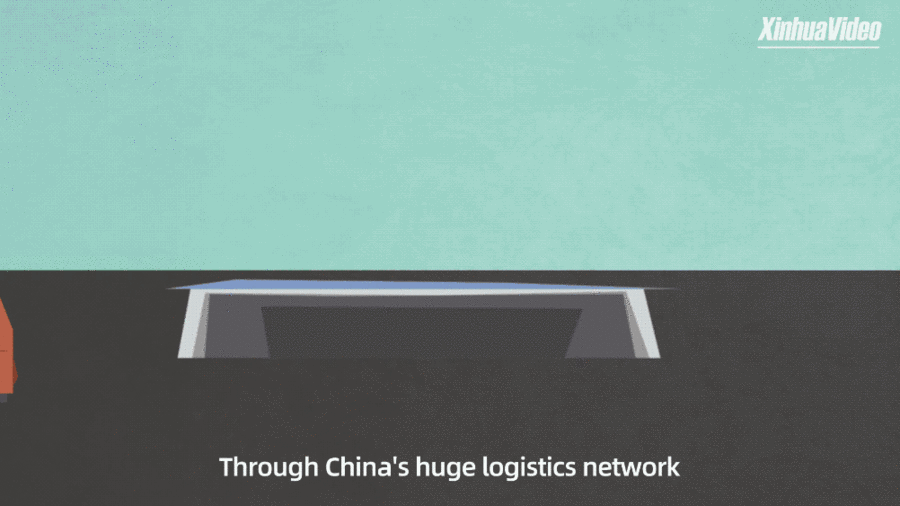

Under this mechanism, eight provinces have sent key products to Hubei, including vegetables, cooking oil and meat, during the Spring Festival.
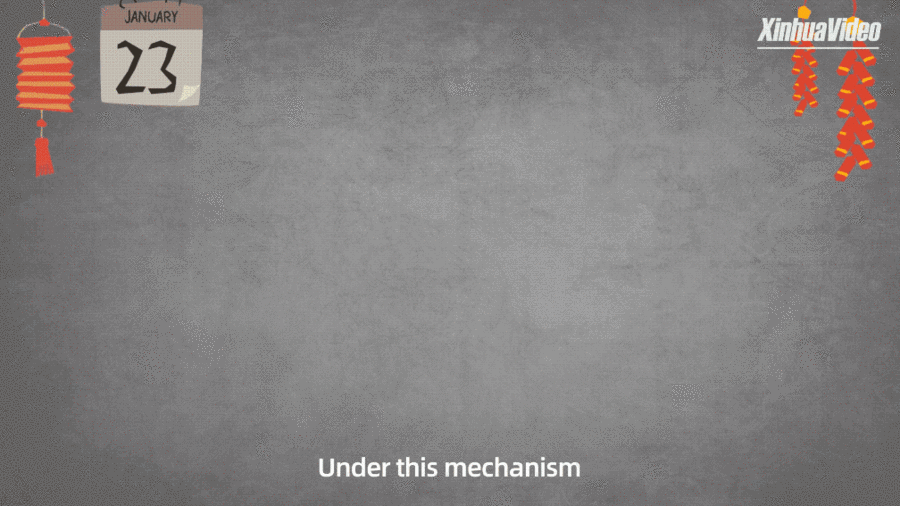
After the outbreak, most markets closed in Wuhan. However, three SOEs with over 1,100 stores stepped in to fill the gap and remained open for business, despite the shortage of workers and protective equipment.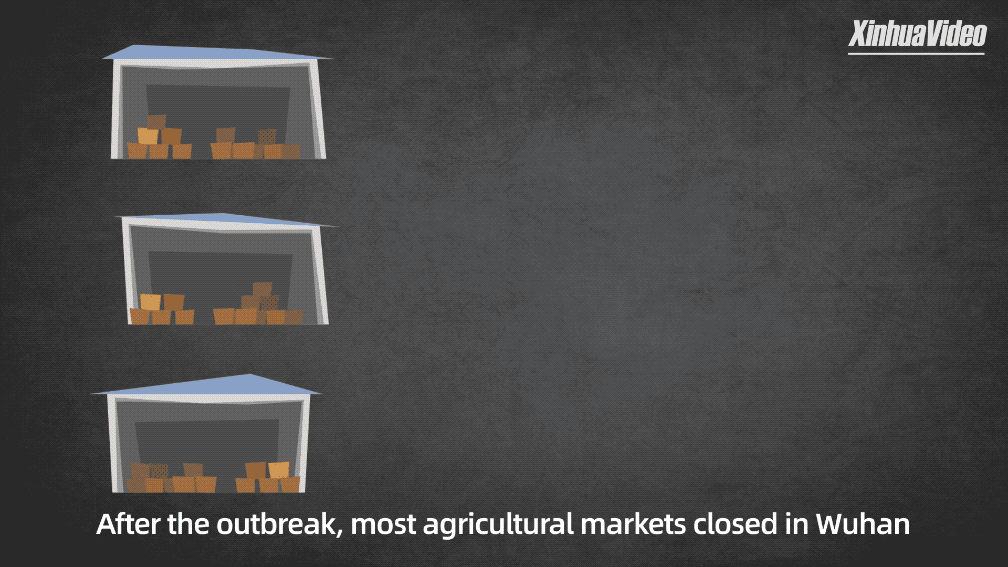
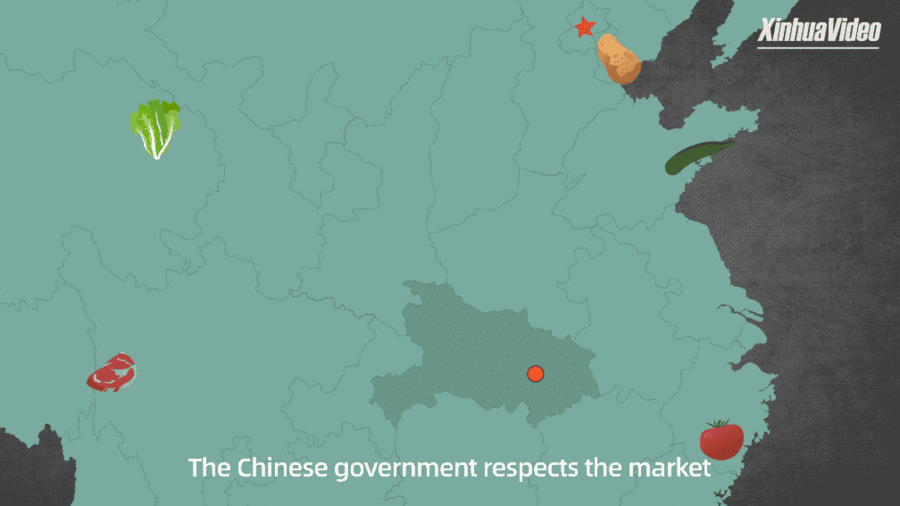
The Chinese government respects the market, but it also intervenes in special circumstances. This is how China combats the novel coronavirus.
Director: Shan Xu
Executive Director: Wang Ting, Zhang Xiaoxue, Feng Chun, Guan Hongfei
Coordination: Yang Guang, Liu Pei
Production: Shang Junwei,Dongze, Jiang Yudong
Visual Design: Guo Chao, Wang Jiadong
Script: Helen Bentley, Xia Kangjing
Voiceover: Bluiri
Liaowang Institute Data Media Lab;
Department of China News for Overseas Service
Xinhua News Agency
 简体中文
简体中文

